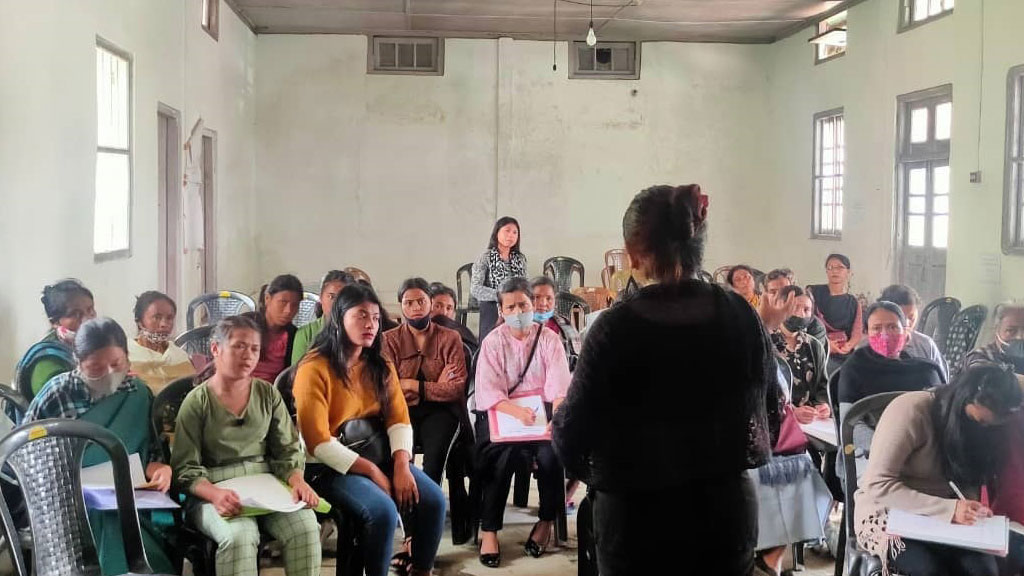In the rapidly evolving landscape of Corporate Social Responsibility (CSR), a notable paradigm shift is occurring as businesses recognize the transformative potential of initiatives that extend beyond traditional philanthropy. Today, CSR is actively shaping the future of education and skills by venturing “Beyond the Classroom.” This shift reflects a broader commitment to holistic development and long-term societal impact. Here’s a closer look at how CSR initiatives are redefining education and skills beyond the confines of traditional classroom settings:
1. Experiential Learning Initiatives:
CSR programs are increasingly embracing experiential learning as a powerful tool for skill development. Companies are partnering with educational institutions to create immersive learning experiences, internships, and apprenticeships. By providing hands-on opportunities, these initiatives bridge the gap between theoretical knowledge and practical application, preparing individuals for the real-world challenges they will face in their careers.
2. Lifelong Learning and Continuous Skill Development:
Recognizing the dynamic nature of today’s job market, CSR initiatives are championing lifelong learning. Companies are investing in programs that support continuous skill development throughout individuals’ careers. This forward-looking approach ensures that employees remain adaptable and equipped with the latest skills, contributing to their professional growth and the overall resilience of the workforce.
3. Technology-Driven Learning Solutions:
The integration of technology is a cornerstone of CSR initiatives shaping the future of education. Companies are leveraging digital platforms, e-learning tools, and virtual classrooms to make education and skills training more accessible. This tech-driven approach not only breaks down geographical barriers but also aligns with the evolving needs of a digital economy.
4. Sustainability and Environmental Education:
CSR initiatives are broadening the scope of education to include sustainability and environmental awareness. Businesses are investing in programs that promote eco-literacy, sustainable practices, and environmental conservation. By instilling a sense of responsibility for the planet, these initiatives contribute to creating a future workforce that is environmentally conscious and capable of addressing global challenges.
5. Social Innovation and Entrepreneurship Education:
Beyond imparting traditional skills, CSR initiatives are fostering a spirit of social innovation and entrepreneurship. By supporting programs that encourage creativity, problem-solving, and risk-taking, companies are nurturing a new generation of entrepreneurs and innovators. This proactive approach empowers individuals to drive positive change and contribute to economic development.
6. Diversity, Equity, and Inclusion in Education:
CSR initiatives are increasingly prioritizing diversity, equity, and inclusion in educational settings. By supporting initiatives that ensure equal access to education for all, irrespective of gender, race, or socioeconomic background, companies contribute to creating a more equitable and diverse talent pool. This emphasis on inclusivity reflects a commitment to fostering a society where opportunities are accessible to everyone.
7. Public-Private Partnerships in Education:
CSR programs are actively engaging in public-private partnerships to amplify their impact. By collaborating with government bodies, educational institutions, and non-profits, businesses are contributing to the development of comprehensive education systems. These partnerships foster a collaborative approach to addressing systemic challenges and creating sustainable solutions.
In conclusion, the shift “Beyond the Classroom” in CSR initiatives signals a commitment to shaping a future where education and skills development are dynamic, inclusive, and aligned with the needs of a rapidly changing world. As businesses continue to expand their roles as catalysts for positive change, the impact on education and skills is poised to create a more resilient, adaptable, and empowered global workforce.
- By admin

